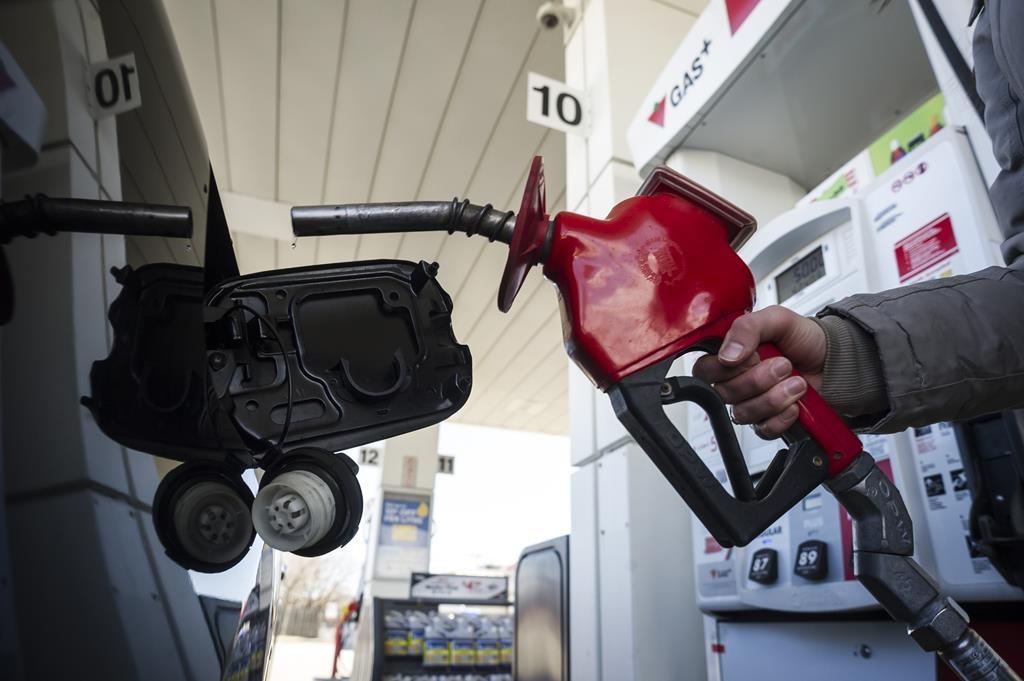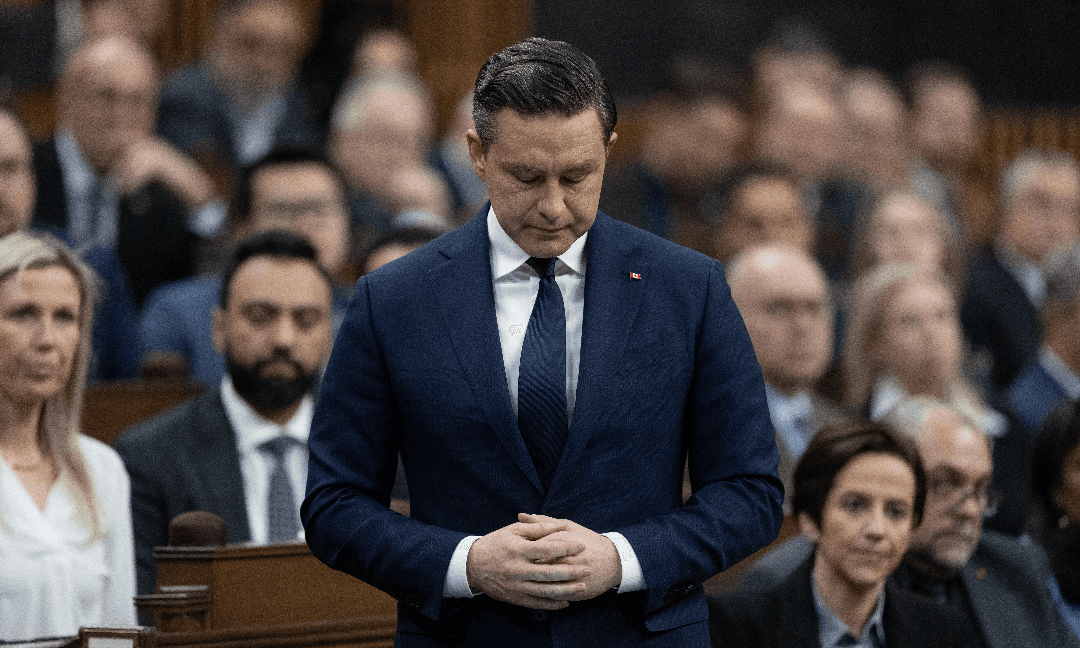A motion introduced by the opposition to cancel the second federal carbon tax, also known as the Clean Fuel Standard, failed in the House of Commons on June 5.
The Conservative motion said that the first carbon tax would add 41 cents to a litre of gas, while the Clean Fuel Standard—which they referred to as a second carbon tax—would add another 20 cents. The motion said this extra 61 cents per litre of gas would make life more expensive for Canadians.





